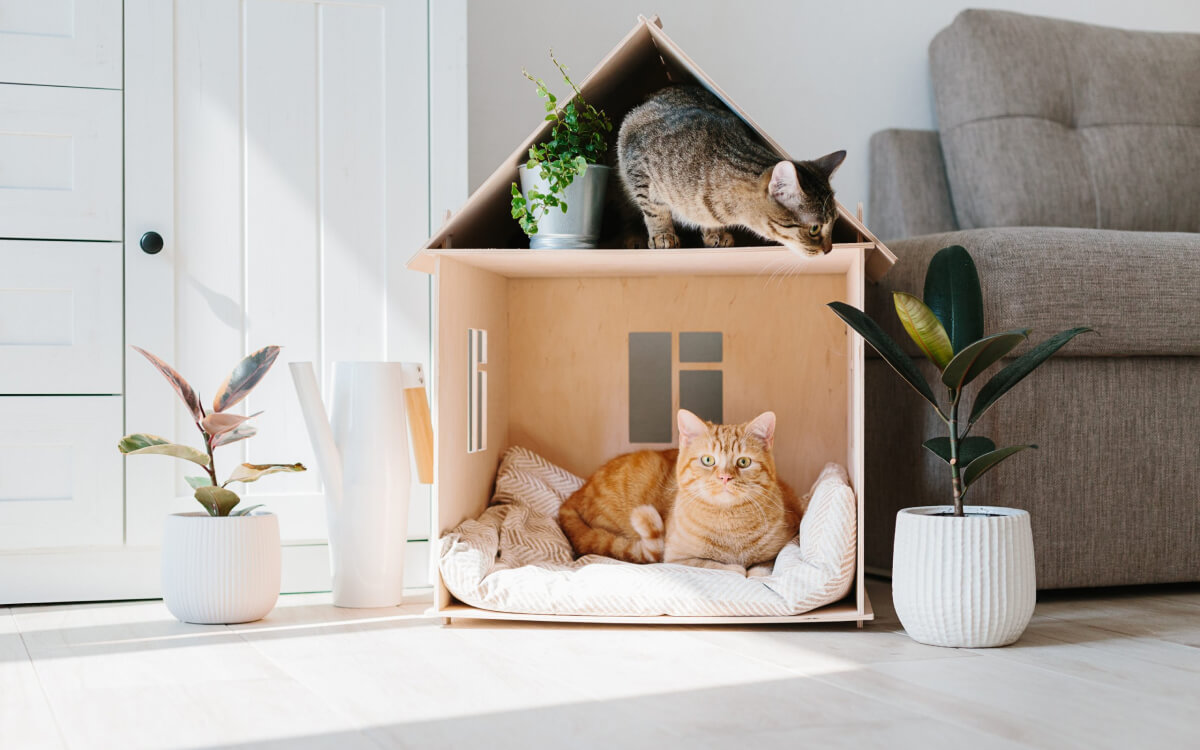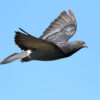
AVIAN HEALTH TIPS
HANDLING OF FEED
There are only a couple of cautions necessary in the handling of feed. It should be as clean and dust-free as possible. Feed that is wet, or has been wet, should never be fed to your birds. Damp food is every bit as disastrous as a damp loft. Store feed in a manner that prohibits rodents from having a chance to be in contact with feed. Basic steps such as removal of all feed from the loft at night and storage in mouse-proof containers will serve you well.
The addition of supplemental vitamins and minerals, most often via the water, has become a common practice among pigeon fanciers. During times of stress and heavy demands on your birds, there may well be a benefit to the practice. As with most things, however, moderation is recommended here. The pigeon has evolved and adapted over time to the point that it receives most all of what it requires from its diet. Remember, balance.
LOFT MANAGEMENT
Loft design should vary with the climatic conditions of a given locale, but lofts should be built with foresight, especially concerning ease of cleaning.
Raised floors (slatted or wire) or open bottom wire floors have significant merit. Concrete floors are easy to clean and disinfect, but may hold moisture at times.
Regular (preferably daily) scraping and a dry loft are of utmost importance to prevent disease. Clean lofts mean healthier birds.
————————————————
BIRDS IN TRAINING/RACING
In the first few days after weaning, you will want to have the breeding mix readily available to youngsters. In what is a brand new world to them, this is not yet the time to limit feed. In addition, a four-week old youngster, though almost at his mature size, still has some developing and growing to do. As the young birds have settled to the landing board and are beginning to fly around the loft, remember never to feed before they are let out for exercise. As they complete their exercise and you call them in for feed (using a whistle, feed can, or other sound), put down some feed for them to find upon entering the trap. A good rule of thumb is to feed only the amount that will be cleaned up in 15 minutes. Dump any leftover feed. Exercise and feed morning and evenings, you will find this approach will give you the makings of a healthy yet disciplined young bird team.
————————————–
INTRODUCING NEW BIRDS TO YOUR LOFT
It is a good habit to quarantine new birds. New birds should be quarantined for 30 to 60 days, ideally. If birds don’t appear healthy, they should be removed from the general flock and quarantined in cages that can be disinfected between cages.
It is a good habit to quarantine new birds. New birds should be quarantined for 30 to 60 days, ideally. If birds don’t appear healthy, they should be removed from the general flock and quarantined in cages that can be disinfected between cages. Don’t guess – get positive answers before random treatments are used.
Most veterinarians can help even if they have no specific interest or knowledge of pigeon diseases. They can at least direct you to labs which can examine birds for diagnostic purposes. The cost is usually very reasonable.
There are many veterinarians with an interest in avian medicine and some specifically interested in pigeon medicine.


